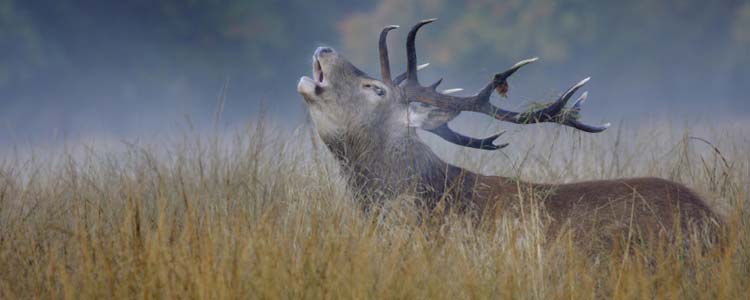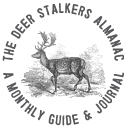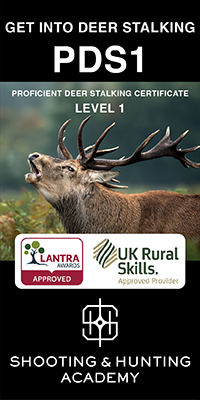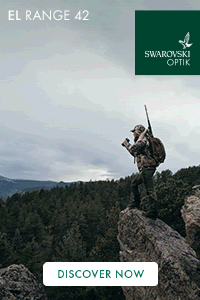We reveal details of the recent outbreak of Bluetongue in the UK and how it affects deer stalkers.
Epizootic Haemorrhagic Disease more commonly known as Bluetongue is a viral disease that is spread in ruminants, including all species of deer, by biting midges (Culicoides imicola).
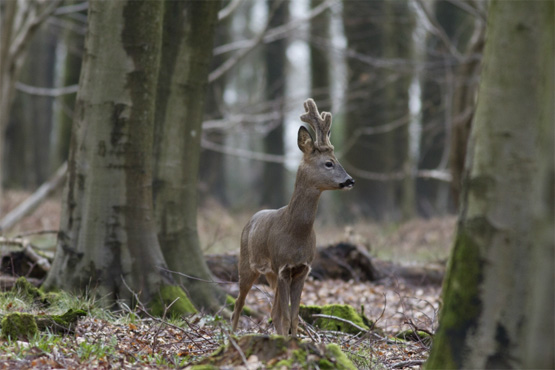
Above: Smaller species of deer such as Roe, Chinese Water Deer and Muntjac are believed to be more susceptible to Bluetongue and the spread of the disease may prove to be more problematic this coming spring and summer.
Bluetongue is a serious notifiable disease, that if found, should be reported to the Animal Health Divisional Office immediately.
Alarmingly, there has been a recent outbreak of Bluetongue in Kent and Norfolk, with over 30 confirmed cases, and an implementation of temporary control zones in both areas.
The last outbreak of Bluetongue in the UK was in 2007, and whilst the disease does not affect people or the safety of food, it does result in serious trade restrictions and prolonged restrictions on the movement of animals.
As deer stalkers we need to be extremely vigilant. So what are the things to look out for?
Trained Hunters will be aware that the initial inspection, starts with observation of the animal before it is shot.
Although difficult to spot at distance, hunters should look out for behaviour that may include:
Nasal Discharge
Disorientation
Lameness
Upon Inspection of the shot carcass postmortem, hunters should be alive to symptoms that may include:
Ulcers or sores in or around the mouth and nose.
Discharge from the eyes
Swelling of the head and neck, tongue, and lips.
The symptoms result from pneumonia and interference with the blood supply to these regions of body and the lack of blood to the moth area results in the discoloration that gives the disease its name.
Whilst the spread of this disease is dependent on a number of variables, the most significant factor is that Midges are mainly active between the spring and autumn. So in the coming months, we need to be particularly vigilant, if we are to control the spread and distribution of the disease.
Bluetongue is a notifiable disease. If you do not report it, you are breaking the law. If you suspect bluetongue in an animal, you must report it immediately by calling: 03000 200 301
If you shoot deer and would like to learn more about disease in deer, you may wish to take a Large Game meat Hygiene Course (LGMH), that complies with FSA guidelines. You can complete the course via the ‘Shooting & Hunting Academy’ upon completion of the Deer Stalking Certificate Level 1 (PDS1). Follow this link for more details: large-game-meat-hygiene-course-online




